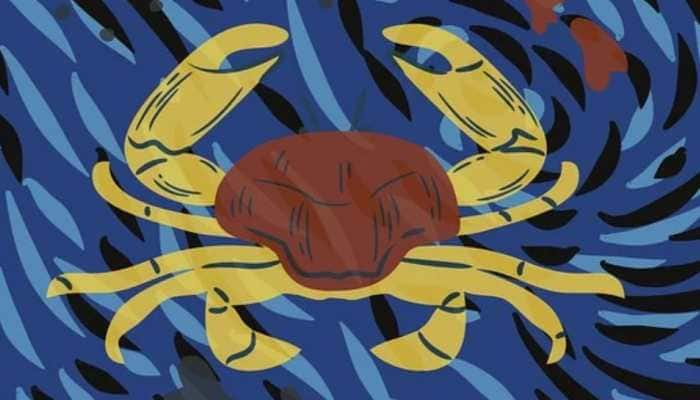Pollution may increase coronavirus transmissibility making people more vulnerable: Experts
Experts have warned that air pollution may increase novel coronavirus transmissibility making people more vulnerable to the disease and aggravating the COVID-19 crisis in the country.
- Air pollution may increase transmissibility of novel coronavirus making people more vulnerable to the infection, experts warned.
- Also those who have had the infection in the past may still have to face new challenges.
- With winters approaching, Delhi-NCR is looking at months of poor air quality.
Trending Photos
) File photo
File photo New Delhi: Experts have warned that air pollution may increase novel coronavirus transmissibility making people more vulnerable to the disease and aggravating the COVID-19 crisis in the country.
They also said that those who have had the infection in the past may have to face new challenges.
"This year, we have COVID-19. Like the common cold, the transmission of this virus is expected to increase with a rise in pollution levels. We may see a further surge in cases. It would be a taxing time for testing centres as they have to cater to people with coronavirus and also non-COVID patients with similar symptoms," Neeraj Nischal, an associate professor in the Department of Medicine at AIIMS, told PTI.
With winters approaching and easing of the coronavirus-induced lockdown, Delhi-NCR is looking at months of poor air quality. On Sunday, Delhi's air quality was in the 'poor' category.
According to doctors, respiratory illnesses like viral influenza increase with a spike in pollution levels leads to inflammation in the lungs making it more vulnerable for the coronavirus to penetrate.
"Transmission apart, the presentation of COVID-19 like other viral respiratory illnesses will be more severe in high-pollution areas. This will burden hospitals as more patients become symptomatic, requiring admission," Nischal said.
While Suranjit Chatterjee, senior consultant of Internal Medicine at Apollo Hospitals, said, "We really do not know how this virus is going to behave. But, we need to prepare ourselves for the worst, as pollution level increases and with winter setting in. It will be a dangerous combination."
He further cautioned that people with respiratory illness were at much higher risk of contracting coronavirus infection.
"For people who have tested positive for COVID-19, it is going to be a double whammy, with pollution making things worse," he told PTI.
India's COVID-19 caseload mounted to 74,94,551 while the number of recoveries surged to 65,97,209 and the death toll climbed to 1,14,031, according to the Health Ministry data updated on Sunday morning.
Live Tv







)
)
)
)
)
)
)
)
)
)
